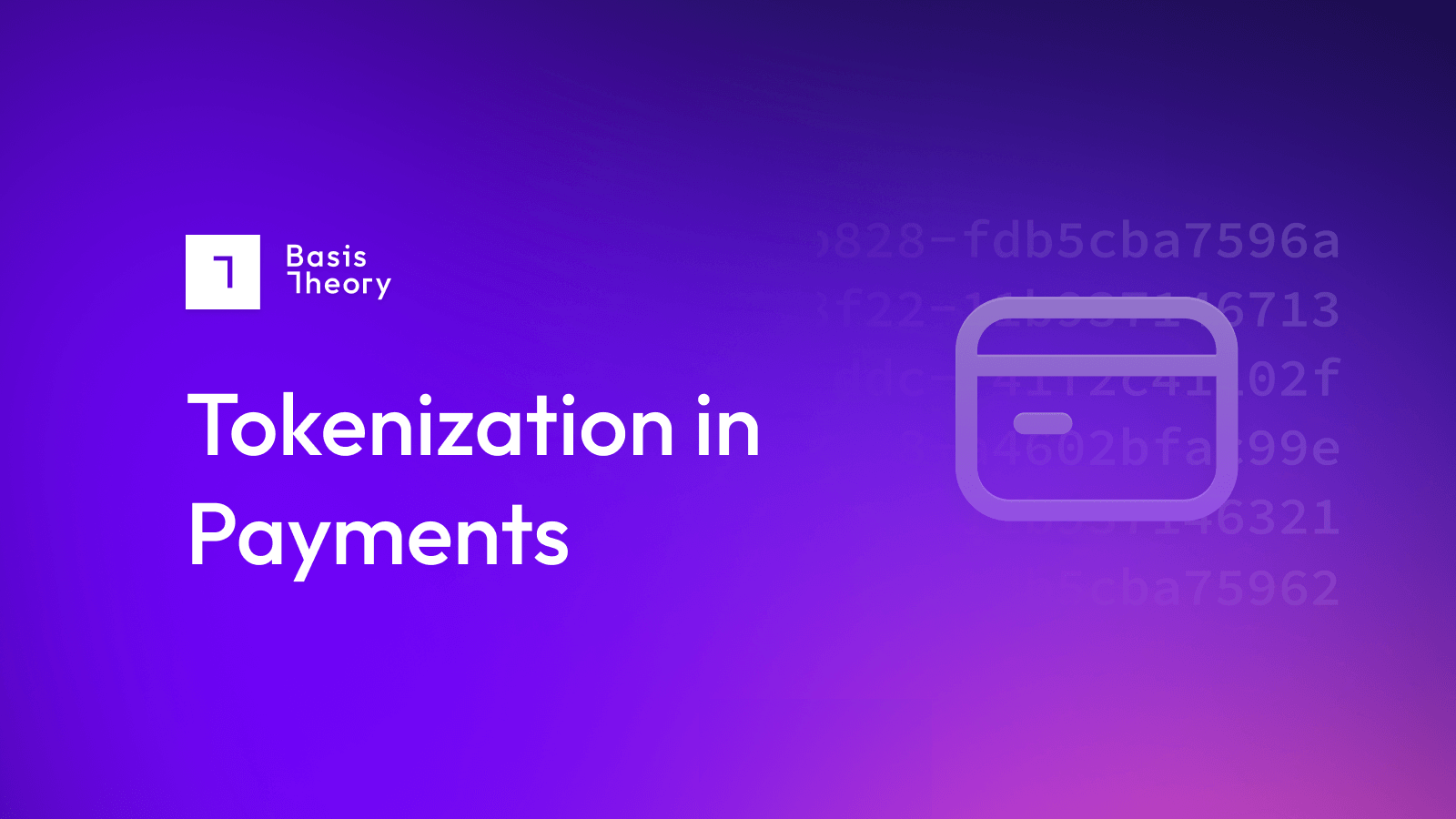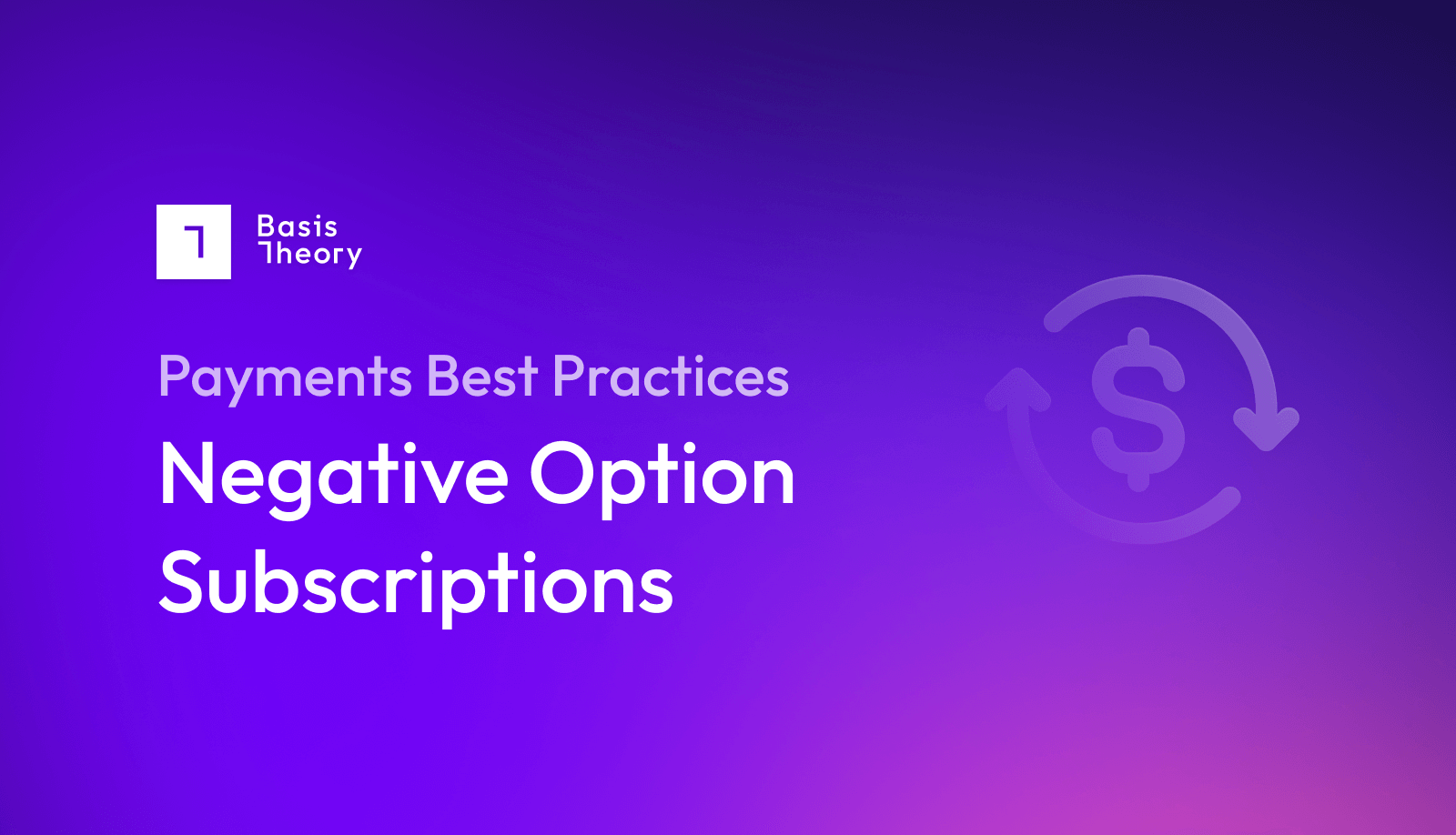Merchant payments can be difficult—until they aren’t.

Table of Contents
The concept of a ‘payments system’ for many merchants seems immediately to apply to the platform they build to accept revenue from customers. However, merchant payments don’t just apply to sales—this includes having to pay suppliers, vendors, and partners. Automating that process can drive significant benefits.
Gone are the days of waiting for an invoice to arrive in the mail, placing it in a physical Inbox, writing a check, then putting it in a stamped envelope and depositing it in a mailbox.
Today’s financial environment offers (demands, really) slicker, lower-friction merchant payment services that benefit both sides of the transaction.
What are merchant payments?
Merchant payments include outlays to suppliers, vendors, and partners and refunds to authorized customers. Merchant payments represent the cost side of the business, compared to customer payments, which represent the revenue side.
While merchant payments and customer payments are effectively one another’s exact opposite, they share many similarities:
- Just as inbound payments may happen frequently in the case of subscriptions or repeat purchases, so do outbound payments. Often, these must be sent to the same business partner.
- Companies are increasingly seeking to eliminate desperately insecure checks and replace them with electronic financial transactions, just as consumers are looking to buy in cashless ways.
- Storing the credit card details is just as fraught as storing the payers' details in the case of a breach or data hack, and it must be carefully guarded against.
- Building an efficient system can be as beneficial for cash management on the merchant payments side as it can be for revenue maximization on the customer payments side.
Automating Merchant Payments
Given that the volume of Same-Day ACH transactions increased by 67% in the third quarter of 2024, it should be no surprise that the competition to manage outbound payments is stiff. Merchants realize that automating these transactions can not only reduce administrative overhead but unlock valuable insights into cash flow trends and payment timing. Accurate and timely payments do wonders for supplier relationships.
Among those vying for merchants’ business are:
- Financials Software Vendors: whether using an entry-level system like Quickbooks, an intermediate solution like Netsuite, or a behemoth like SAP, merchants will be offered the opportunity to partner, either directly with the vendor, or with the vendor’s preferred stable of providers
- Pure Play Plug-Ins: vendors like Versapay and Paystand offer themselves as plugins to those same financial software vendors, offering the opportunity to achieve the same end result of payment efficiency, without centralizing all the activity (and risk) with a single vendor
- Pure Play Platforms: vendors like Bill.com and Tipalti offer freestanding systems that can achieve a broad array of activities, from sending invoices to batch-submitting monthly payments
- Token Orchestration Providers: providers like Basis Theory manage sensitive data in a protected vault and provide the APIs and SDKs necessary for a merchant to undertake payment services using a practically infinite array of third-party connections. PCI compliance burdens are removed, and security is enhanced, without sacrificing any operational flexibility.
As merchant payments become more electronic, merchants must safeguard sensitive data.
Passes, a creator platform enabling fans to access exclusive content and experiences, was struggling with its single PSP and started down a path of building its cardholder data environment (CDE.) As the tech lead explained, they quickly pivoted to using a third party.
“We realized quickly that this was way too much. Bringing other employees into scope of needing to know policies and dealing with things under risk, more people would have to be interviewed by the QSA. More people would have to go through training and be a part of the process. This would put in scope employees who weren’t involved in payments in any way. So I just started thinking: if someone else could do it for us, that would be great.”
Read the full customer story between Passes and Basis Theory.
.png?width=365&height=122&name=BTLogo%20(1).png)



